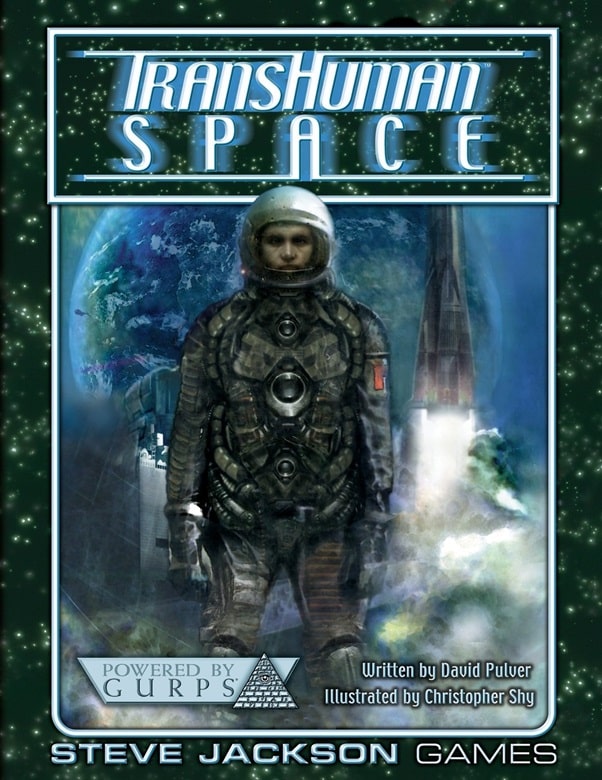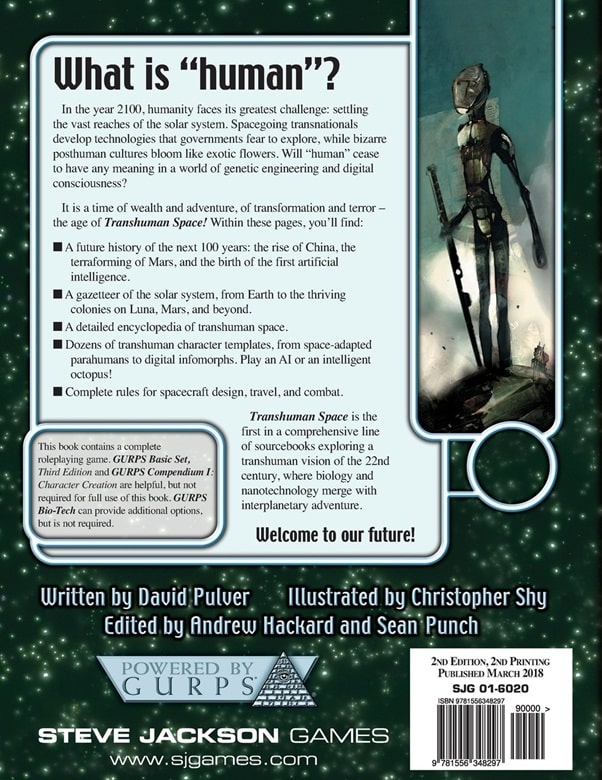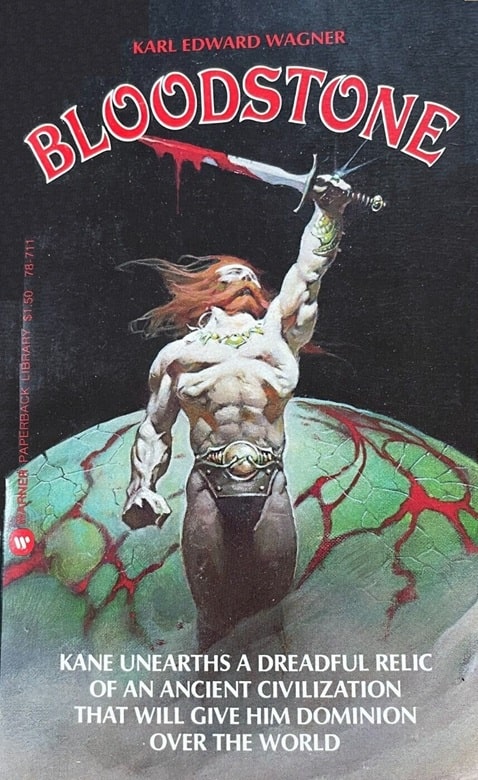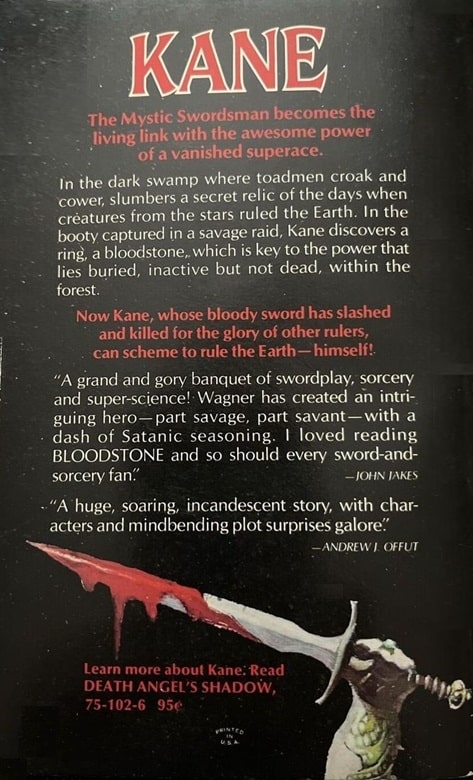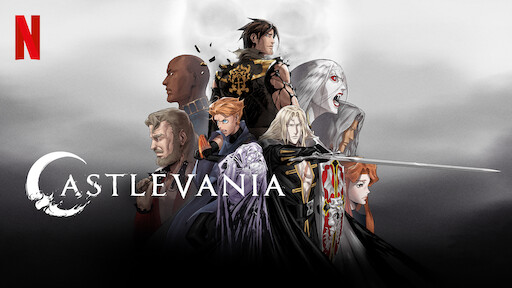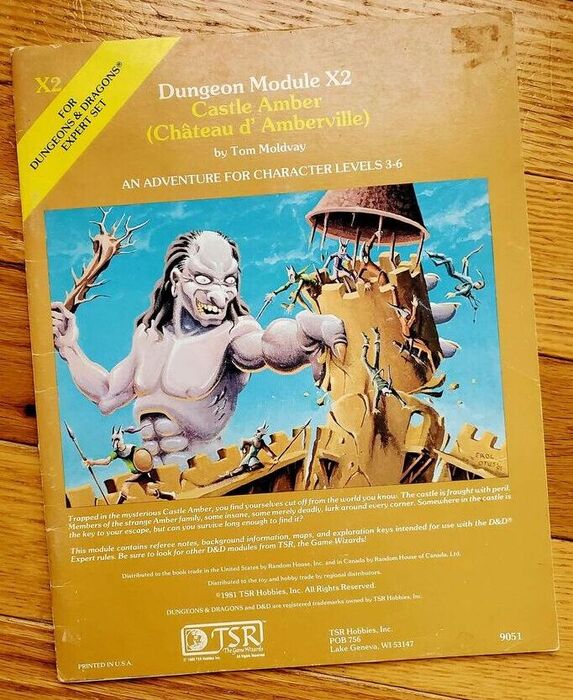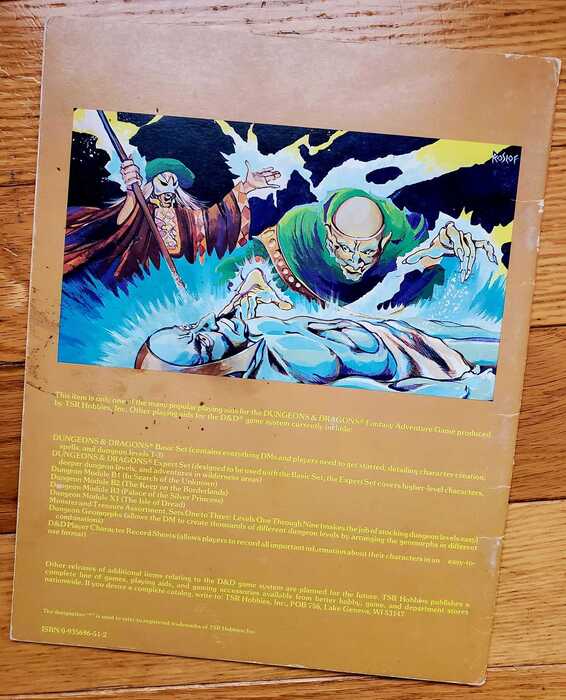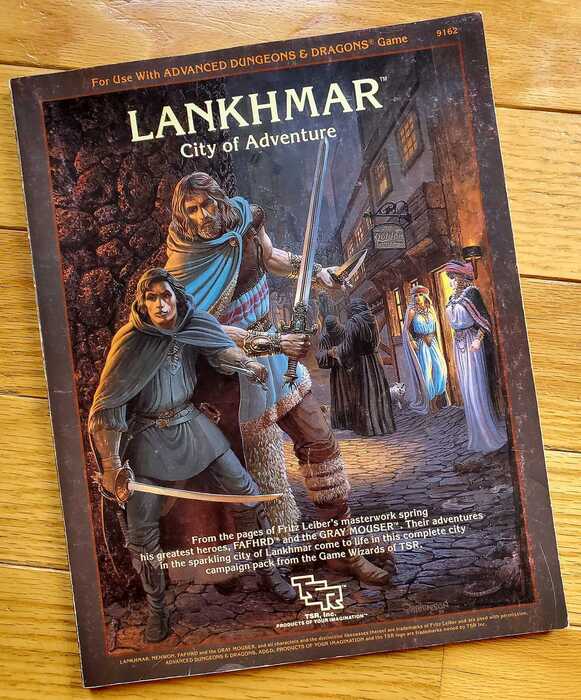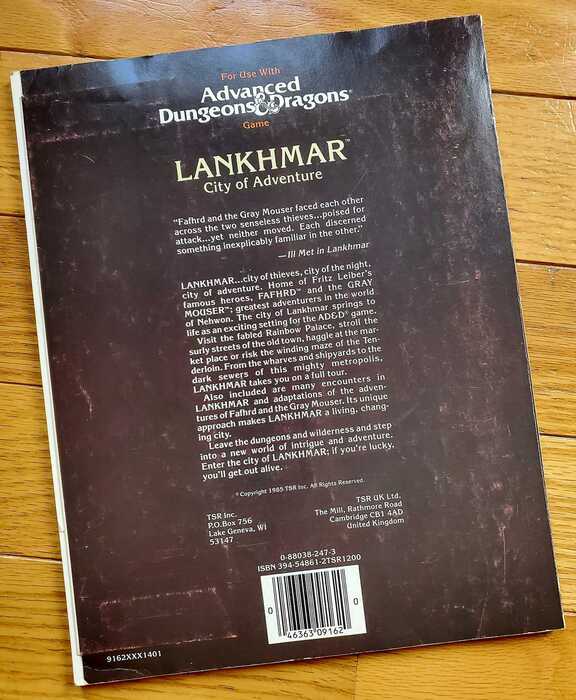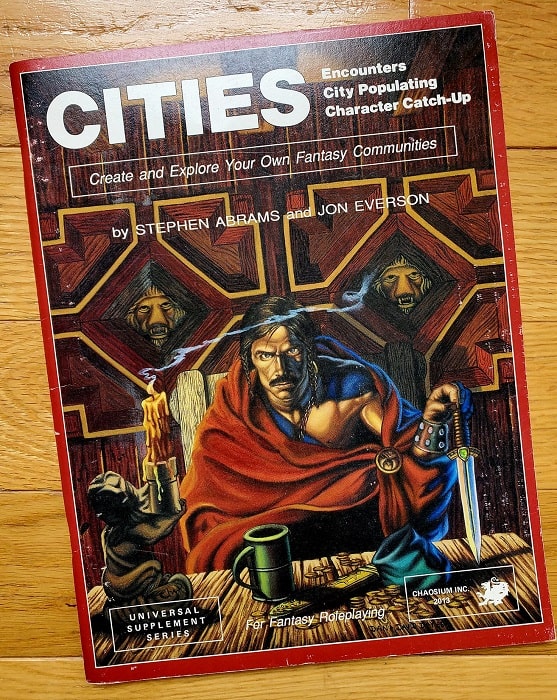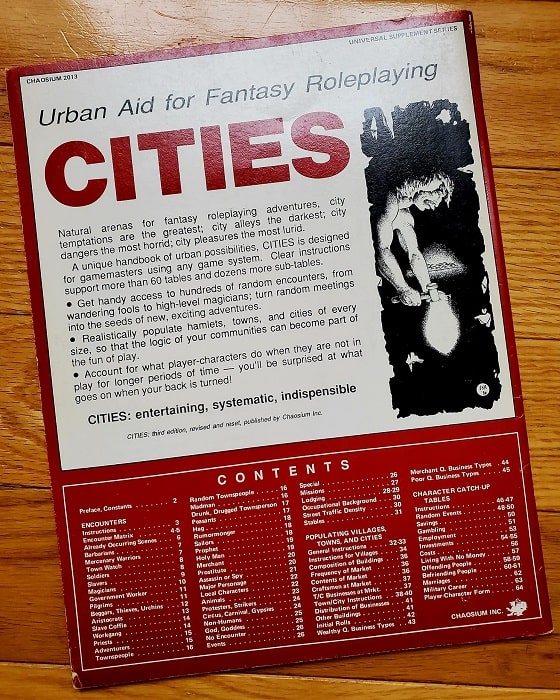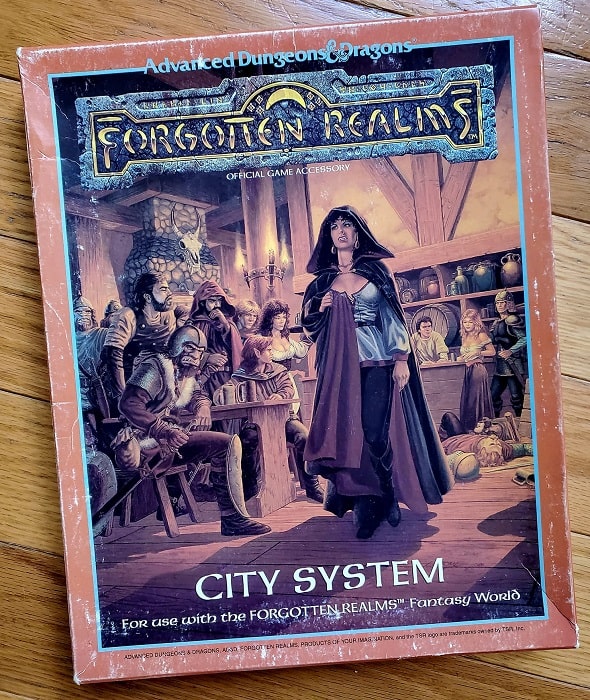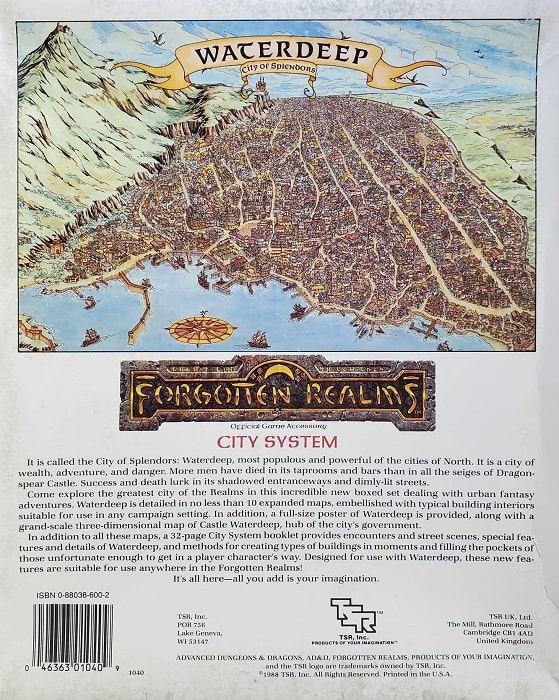Seven Things I Think I Think (December, 2023)
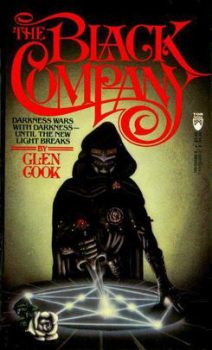 With the holidays being so busy and such, Ten Things I Think I Think only has seven entries this week. I’m sure it won’t ruin your Christmas. 🙂 So away we go…
With the holidays being so busy and such, Ten Things I Think I Think only has seven entries this week. I’m sure it won’t ruin your Christmas. 🙂 So away we go…
THE BLACK COMPANY IS AN ENDURING CLASSIC
I’ve read Glen Cook’s The Black Company, all the way through, at least three times. It’s about a mercenary company that roams far and wide in a dark fantasy world, varying on the scale of ‘good guys’ and ‘bad guys.’ I don’t do Grimdark, but it’s commonly cited as being a foundation of the genre.
Audible had a HUGE sale the start of December, and I picked up almost the entire series on audiobook, at less than $3.50 a book. That’s a pure steal! I listen to audiobooks during my drives, and during my work day. Even as I type blog posts. My mind is good at multi-attention. I wouldn’t have time to read/re-read all the things I listen to.
I’m on book four, and this remains one of the best fantasy series’ I’ve ever read. I feel that the last two books are kind of disappointing, and I slog through them. We’ll see if that’s the case, listening to them. But overall, this is terrific. The latest book, Port of Shadows, is set during the original trilogy, and I am going to read that later this month. But as a whole, I highly recommend The Black Company. Fletcher Vredenburgh did a superb deep dive into the whole thing, over at Black Gate. I also LOVE Cook’s Garrett, PI series, which I wrote about here. Just a great writer.
